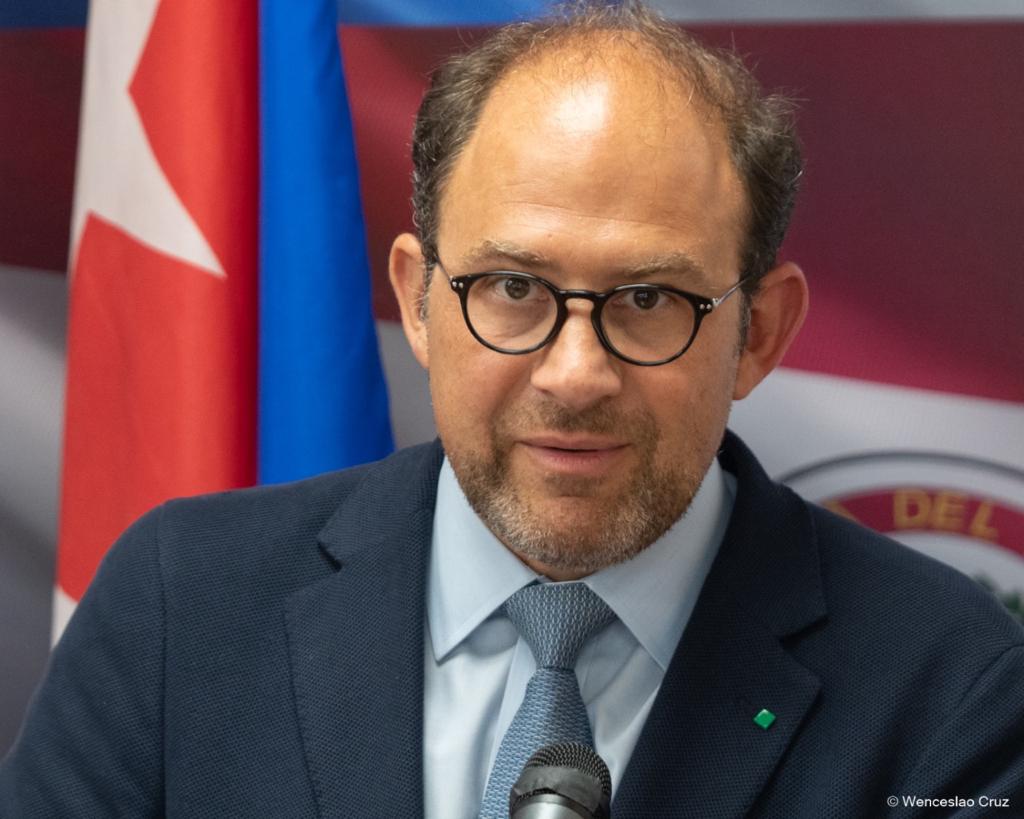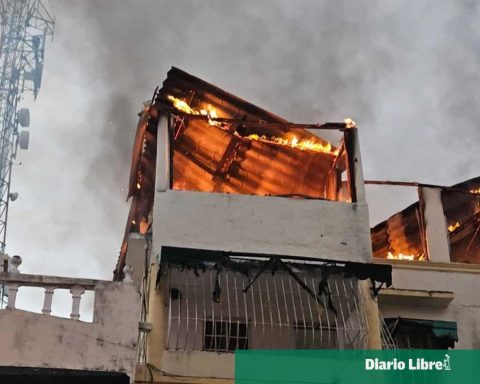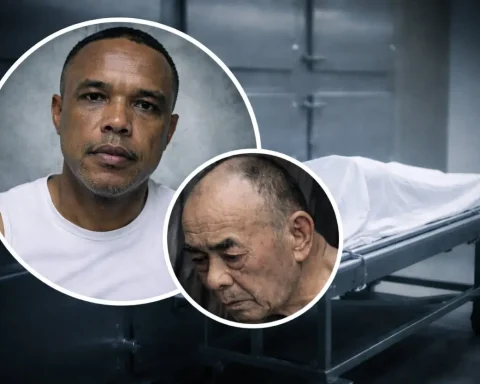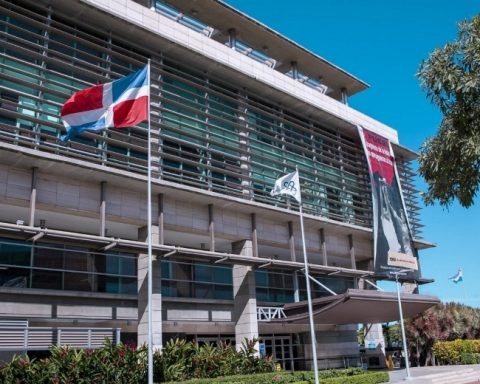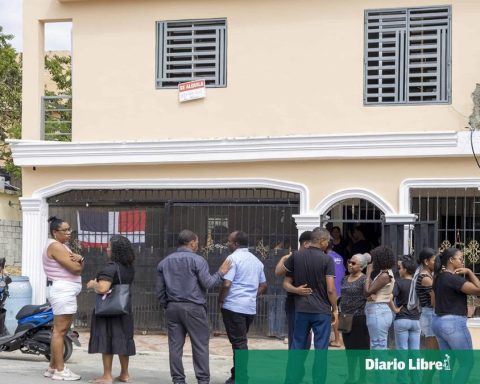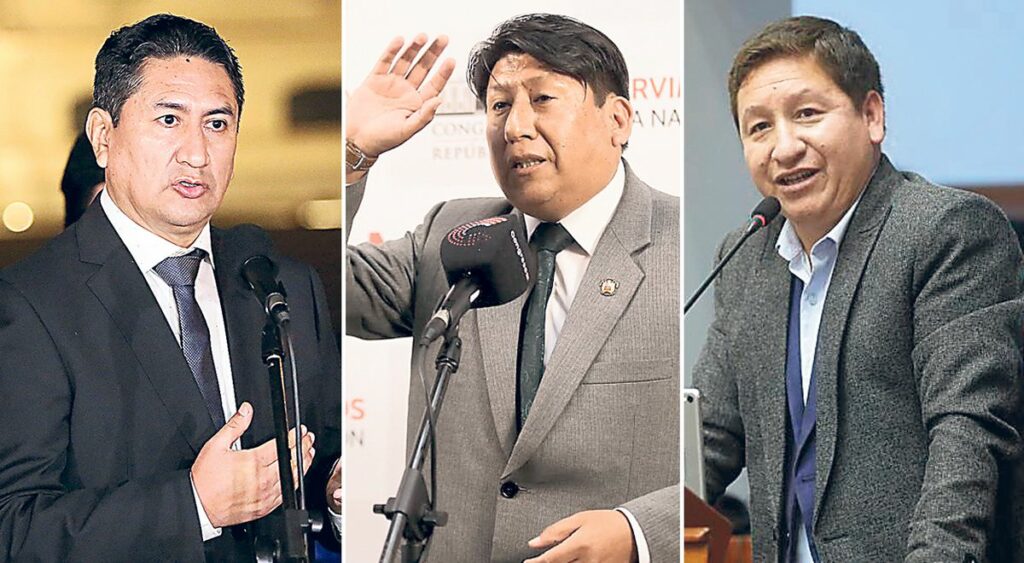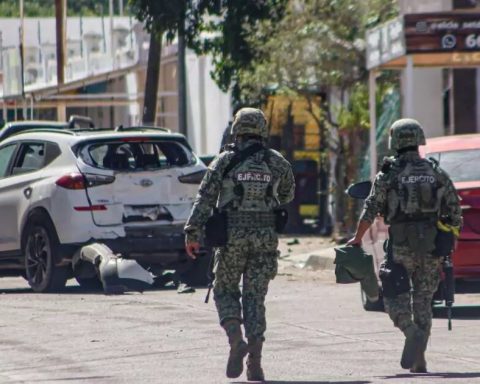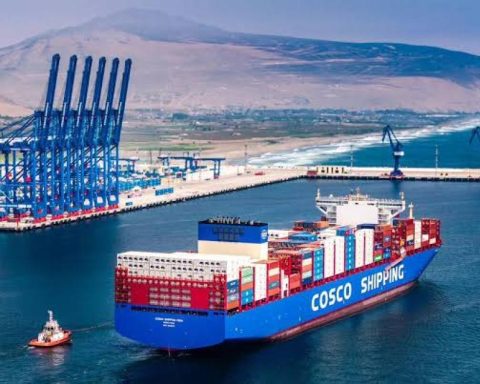Moscow television interrupted its transmission on November 10, 1982 to announce to Soviet citizens the death of its leader, Leonid Brezhnev, an event that marks four decades and that would usher in the beginning of the end of the Soviet Union.
Brezhnev’s funeral would be just the first in a series of three that would bring the gerontocratic era to a close. His death would be followed by his immediate heirs Yuri Andropov and Konstantin Chernenko. Those that would be succeeded by the hope that Mikhail Gorbachev would rise to the position of general secretary in 1985. A man who would find himself facing the virtually impossible challenge of reforming socialism in the midst of immobility. The one that can be illustrated through a repeated joke in the late 70s:
Traveling on a train Lenin, Stalin, Khrushchev and Brezhnev. Suddenly, the train stops. Lenin speaks first: “this is an ideological problem, let me talk to the driver and with a speech that exalts the freedom of the universal movement of workers everything will be settled.” Stalin interrupts: “no, no… what is happening here is a conspiracy. The driver must be shot immediately.” Khrushchev intervenes: «gentlemen, there is a structural problem here, the system must be reformed». Finally, Brezhnev speaks…: «comrades, comrades, let’s take the situation calmly…, let’s close the curtains, turn on a gramophone and pretend that the train is still moving…»
Jokes aside, the Brezhnev era had combined stagnation and some internal peace. Because at the same time, the ten years that ran from the crushing of the Prague Spring to the invasion of Afghanistan were the most stable in the history of the Soviet Union.
In fact, Brezhnev had pursued one and only purpose: to preserve the stability of the system. At the cost of reducing his figure to a caricature, he had tried at all times to consolidate a model of political leadership that tended towards consensus through a conservative scheme that would end up becoming a mere bureaucratic apparatus for the reproduction of power.
But nothing works in this world without a dose of fortune. The discovery of deposits in Siberia and the oil shocks that followed the Yom Kippur War and the Iranian crisis had raised the price of crude astronomically, flooding the Kremlin’s coffers with petrodollars in the 1970s. Extending the useful life of the ineffective socialist system . The one who may well have collapsed earlier. Perhaps as Andrei Amalrik had anticipated in his work “Will the Soviet Union survive 1984?”
Simultaneously, an at times pathetic politics of adulation surrounded Brezhnev. Without going to the crazy extremes of the Stalinist period, a sort of mini-cult of personality “without a personality” had been built up.
Closing the 26th Party Congress in 1981, Brezhnev had expressed his satisfaction with the state of the country and had announced the re-election of the Politburo members, who averaged seventy years old, an advanced age for the time. To the point that Brezhnev himself began to show obvious symptoms of fatigue and disability: some Politburo sessions lasted barely twenty minutes.
A reality that confirmed the sign of a time marked by the consolidation of bureaucracy, privileges, cynicism and double talk. While an atmosphere of corruption pervaded everything and in which -according to a correspondent- the government’s motto could well have been… “steal and let steal”.
But, to tell the truth, who was Leonid Brezhnev, the man who reigned the longest in the USSR, with the sole exception of Stalin? Was he the vain little boy, ridiculed in jokes, fascinated by the Mercedes pagoda given to him by Willie Brandt, the Lincoln Continental given by Richard Nixon, or the Torino sent to him by Juan D. Perón? Was he just that hedonist, worshiper of worldly luxuries, young girls and eternal decorations, willing to say yes to everyone to remain in power in exchange for not interfering in the affairs of any oligarch, fostering cliques and mafias of Dnipier?
Or was he a prudent statesman, aware of his limitations, stripped of Stalinist paranoia, perhaps aware of the profound nature of a system that, in pursuit of planning everything, was incapable of almost everything, and that nevertheless endowed that immense empire with years of stability? and relative prosperity while being able to promote Detente and peaceful coexistence with the West?
Probably, it has been one and it has been the other. The truth is that his years would be the prelude to the violent changes that will take place in the following decade and that will radically change his country. And to the whole world.
Because by then John Paul II, Ronald Reagan and Margaret Thatcher had arrived on the world stage, leaders endowed with a moral force that would condemn the opprobrium of communism. At the same time that on the other side of the globe -quietly- the discreet Deng Xiaoping launched the capitalist reforms that would transform the feudal China of the Mao era into the economic superpower of our days.
Most likely, neither Brezhnev nor any of his contemporaries could have imagined that exactly seven years after his death, on November 9, 1989, the Berlin Wall would fall.
By Mariano A. Caucinointernational relations specialist and former ambassador to Israel and Costa Rica
